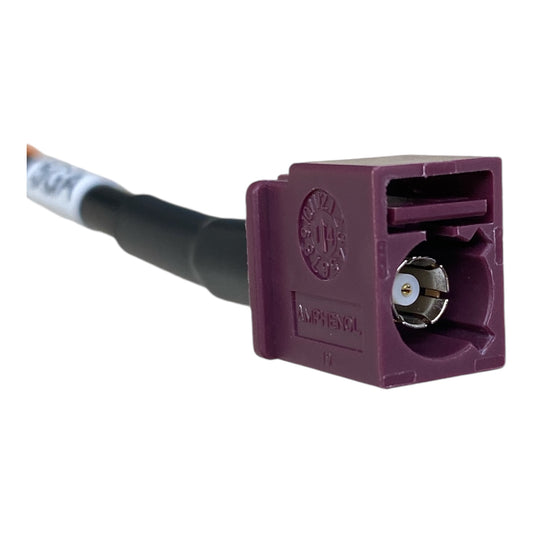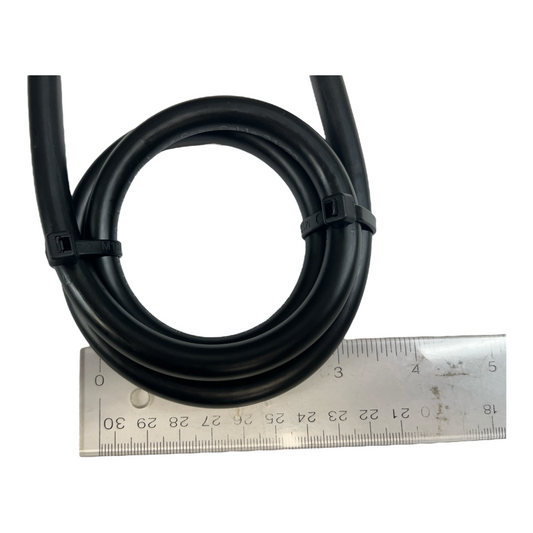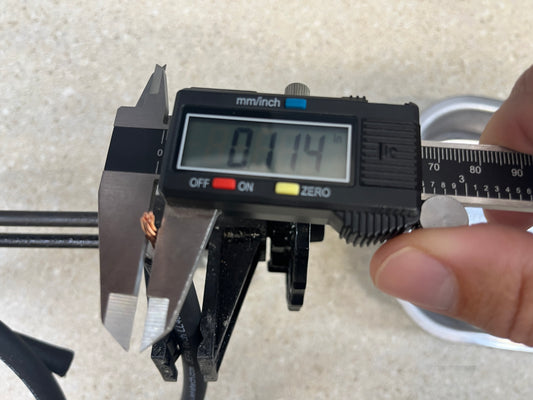The first time you set up your JEFA Tech Repeater, it will prompt you to set up your Repeater’s private WiFi network name and give it a password. As of firmware update 2.62, your Repeater’s WiFi network is encrypted using the latest and strongest type available for WiFi – WPA2-AES. Only people that you give this password to will be able to connect to your Repeater. To everyone else, the signals between your devices and the Repeater are encrypted and can not be decoded.
It is important to know that this encryption is between the Repeater and your devices only. This encryption stops when your traffic leaves the repeater and goes to the WiFi network that you are repeating. If the WiFi network that you have connected your Repeater to is an open network, your WiFi traffic will not be encrypted on that leg of its journey. Even if the WiFi network your repeater is connected to is also encrypted, it is entirely possible that others with advanced technical abilities that are also connected to that same WiFi network will be able to see your traffic.
However, there is another piece to the puzzle to save the day and alleviate most concerns. Your web browser and most smartphone/tablet apps will secure your sensitive traffic for you from end-to-end without you having to do anything at all. When you see https:// in your browser (note the ‘s’), that means your traffic is being encrypted end-to-end from your browser all the way to the server you are connecting to – this may be your bank or other sensitive site. You won’t see a similar indicator in a smartphone app, but if it’s for something sensitive, chances are the app is encrypting it all behind the scenes for you. The chance of someone intercepting and decoding that encrypted traffic while it travels over open WiFi network is small, but not impossible. It would require someone with advanced technical knowledge, malicious intent, and time dedicated to the task.
Here are some rules of thumb when using public WiFi with any device:
- Only connect to a WiFi signal that you know. If you are at a campground, find out the name of their WiFi and connect to that specific name.
- Don’t connect to a random, unknown, open WiFi signal. It is tempting to try to get Internet any way you can, but it is much more likely that a random open WiFi signal is being used as bait by someone with malicious intent. It is far easier for a hacker to set up their own open WiFi network and lure you to connect to it, than to try to steal information from a WiFi network managed by someone else.
- If you do decide to take your chance and connect to a random, unknown open WiFi signal, don’t do sensitive transactions over the connection, such as online banking.
- It’s always a good idea to refrain from doing sensitive online banking on public WiFi regardless of how much you trust a public WiFi connection.



